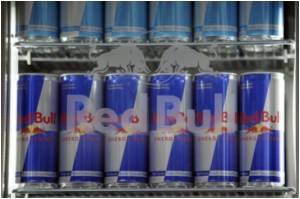Energy drinks, although very popular and easily available, have been subject to speculation of posing more risks than benefits.

"Caffeine has been consistently been observed to enhance aerobic performance, although its effects on anaerobic performance may vary," she added.
The impact of energy drinks on weight loss has different theories. Some data suggest that combined with exercise, they may lead to weight loss. However, other studies suggest that users may get addicted to caffeine, with increasing calorie-burn and weight loss.
However, being loaded with sugar, energy drinks may be contributing to the obesity epidemic alongside less caffeinated, sugary drinks like soda, warned Ballard.
"For the National Collegiate Athletic Association, athletes are considered to be doping if urinary caffeine is greater than 15 µg/mL, which is about the same as drinking eight cups of coffee, each containing 100 mg of caffeine," Ballard said.
Caffeine has been reported to cause insomnia, nervousness, arrhythmias, osteoporosis, cardiovascular disease, pregnancy and childbirth complication, gastrointestinal upset and death.
Advertisement
"Caffeine in amounts of up to 6 mg/kg may produce benefits with low risk of adverse effects," she added.
Advertisement
Source-ANI










